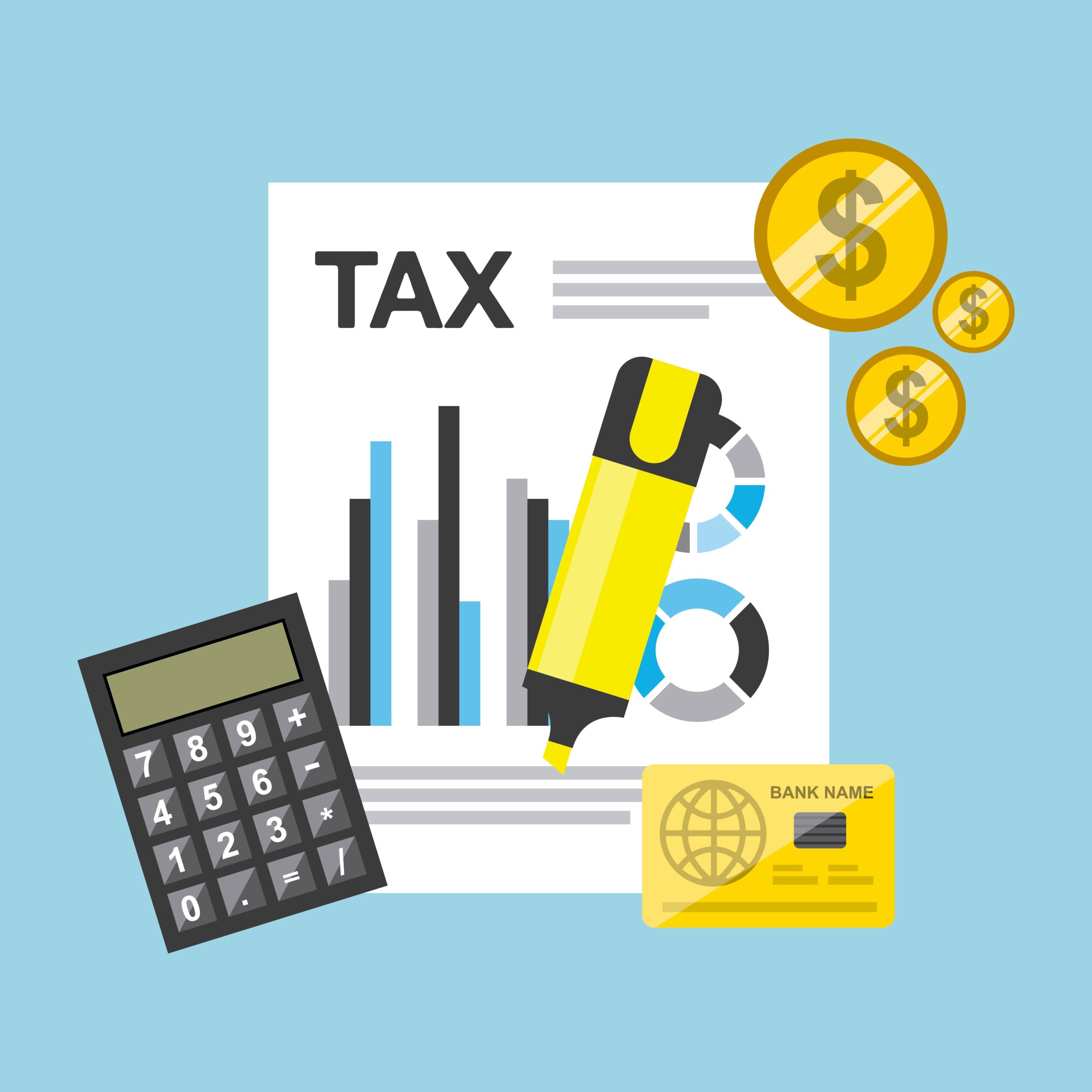During the coronavirus pandemic, many foreign nationals have been left unable to leave the United States and have, therefore, been involuntarily stranded in the country for longer than they anticipated. Does this extended presence in the United States carry with it any tax implications for these foreign nationals?
What is the Substantial Presence Test and are There Exceptions?
The IRS determines who is to be considered a United States resident for tax purposes using the substantial presence test. This test takes into account the number of days an individual has been present in the United States over a 3-year period.
However, there are exceptions to the substantial presence test. Certain individuals who have maintained a closer connection to their home country as well as certain students may claim exceptions to this test. Additionally, one of such exceptions is the Medical Condition Exception. Under this exception, an individual would have to prove that he was unable to leave the United States when he intended to leave due to a medical condition. The individual would have had to arrive in the United States either before this condition manifested itself or without being aware of the existence of the condition. Under the Medical Condition Exception, the days that the illness prevented an individual from leaving the United States are not counted for tax purposes.
What is the COVID-19 Medical Condition Travel Exception?
During the coronavirus pandemic, the IRS has recognized another exception to the substantial presence test. That is the COVID-19 Medical Condition Travel Exception. Under this exception, those foreign nationals who have been unable to leave the United States due to travel restrictions placed by governments all over the world, would have the chance to be exempted from the substantial presence test by the IRS. The COVID-19 Emergency Period is the number of days that the foreign national can claim exempt from being counted under the substantial presence test. This Emergency Period is considered to be any 60 days of the individual’s continual presence in the United States between February 1, 2020 and April 1, 2020.
Who can Apply for the COVID-19 Medical Condition Travel Exception?
Any individual who:
- Was not and currently is not a U.S. permanent resident,
- Has demonstrated no intentions or taken any steps towards becoming a U.S. permanent resident and
- Who has been in the United States on all of the 60 days covered by the COVID-19 Emergency Period.
How Can I Apply For the COVID-19 Medical Condition Travel Exception?
The COVID-19 Emergency will be considered as a medical condition for the purposes of the substantial presence test by the IRS. Those willing to apply for the COVID-19 Medical Condition Travel Exception, should fill in Form 8843 (Statement for Exempt Individuals with a Medical Condition) and be prepared to produce it at the IRS’s request.
When filling in Form 8843, lines 17b-17c should be filled using the COVID-19 Emergency Period dates. Line 18 should be left blank, as a physician’s statement is not necessary for claiming this exception. The individual would also be requested to produce documents showing that the individual was physically present in the United States during the Emergency Period.


